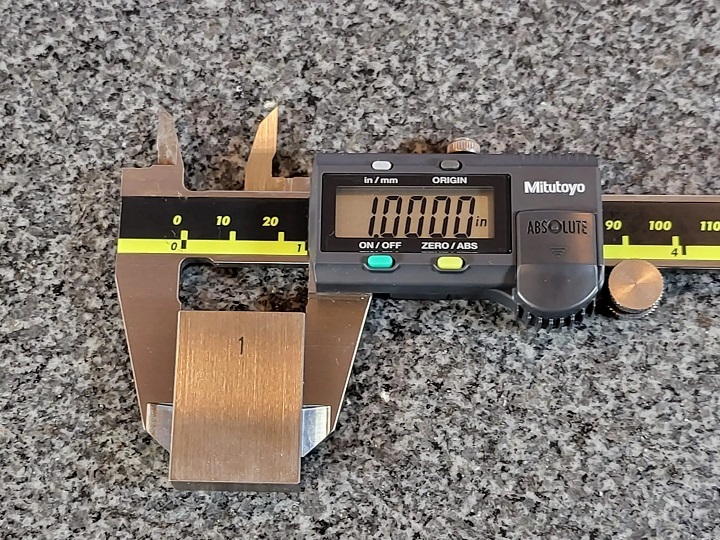In the world of precision engineering and measurements, digital calipers have emerged as indispensable tools for professionals and enthusiasts alike. These cutting-edge devices provide accurate and reliable measurements with ease, making them an essential addition to any toolkit. This article will delve into the world of digital calipers, exploring their features, benefits, and various applications across industries.
1. What Are Digital Calipers?
Digital calipers are precision measuring instruments used to determine the dimensions of an object with exceptional accuracy. They consist of a ruler-like body and two jaws, one stationary and the other movable. The movable jaw is connected to a digital display that provides precise readings in different units, such as millimeters (mm) and inches (in).
2. Key Features of Digital Calipers
Digital calipers boast an array of features that make them indispensable for professionals in fields such as engineering, machining, woodworking, and metalworking. Some notable features include:
LCD Display: Digital calipers feature a clear, easy-to-read LCD display that shows measurements with high precision.
Measurement Modes: They offer multiple measurement modes, including absolute, incremental, and depth measurement, catering to a wide range of measurement needs.
Metric and Imperial Units: Users can switch between metric and imperial units effortlessly, depending on their preferences and requirements.
Zero Setting: Digital calipers allow users to zero out the measurements at any point, enabling relative measurements and simplifying complex measuring tasks.
Data Output: Some advanced models come equipped with data output capabilities, allowing measurements to be sent directly to a computer for further analysis or documentation.
3. Benefits of Using Digital Calipers
Digital calipers provide numerous advantages over their traditional counterparts. Here are some key benefits:
Accuracy: With their digital readouts, these calipers offer exceptional accuracy, often down to the thousandth of an inch or hundredth of a millimeter.
Ease of Use: The clear digital display and intuitive controls make digital calipers user-friendly, even for individuals with limited experience.
Quick Measurements: Digital calipers provide instant measurements, eliminating the need for manual scale reading and minimizing human errors.
Versatility: These calipers can be used for various applications, such as measuring external and internal dimensions, depths, and steps.
Durability: Many digital calipers are constructed with high-quality materials, ensuring long-lasting durability and resistance to wear and tear.
4. Applications of Digital Calipers
Digital calipers find applications in a wide range of industries and professions, including:
Engineering: Engineers rely on digital calipers to measure precise dimensions, ensuring accuracy in design and manufacturing processes.
Machining: Machinists use digital calipers to make precise measurements for cutting, milling, and turning operations, ensuring precise fits and finishes.
Woodworking: Woodworkers utilize digital calipers to measure thickness, width, and other critical dimensions for precise woodworking projects.
Metalworking: Metalworkers employ digital calipers to measure thickness, diameter, and other dimensions, guaranteeing accurate fabrication and assembly.
Scientific Research: Researchers in various scientific fields use digital calipers for accurate measurements in experiments and data collection.
Digital calipers have revolutionized the way precision measurements are conducted in numerous industries. Their advanced features, accuracy, and ease of use make them an indispensable tool for professionals and enthusiasts seeking precise measurements. Whether you are an engineer, machinist, woodworker, or involved in scientific research, digital calipers will undoubtedly enhance your workflow and deliver accurate results every time. Invest in a quality digital caliper today and experience the convenience and accuracy it brings to your measurements.

